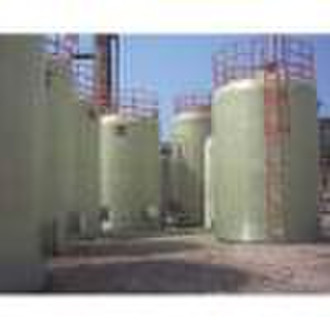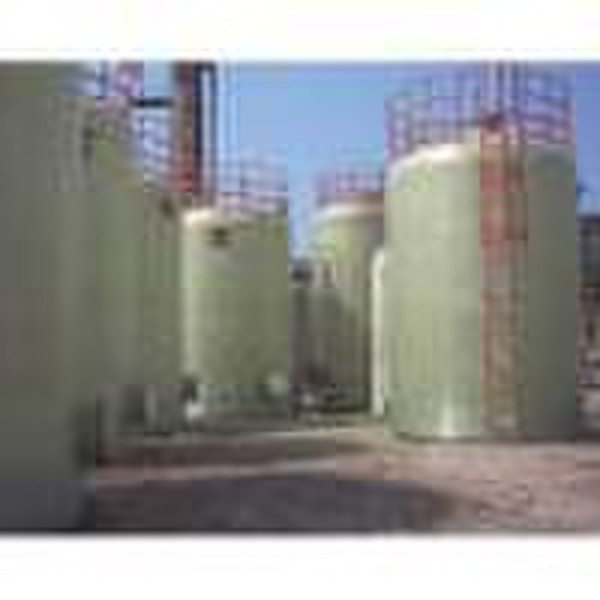Catalog
-
Catalog
- Agriculture
- Apparel
- Automobiles & Motorcycles
- Beauty & Personal Care
- Business Services
- Chemicals
- Construction & Real Estate
- Consumer Electronics
- Electrical Equipment & Supplies
- Electronic Components & Supplies
- Energy
- Environment
- Excess Inventory
- Fashion Accessories
- Food & Beverage
- Furniture
- Gifts & Crafts
- Hardware
- Health & Medical
- Home & Garden
- Home Appliances
- Lights & Lighting
- Luggage, Bags & Cases
- Machinery, Hardware & Tools
- Measurement & Analysis Instruments
- Mechanical Parts & Fabrication Services
- Minerals & Metallurgy
- Office & School Supplies
- Packaging & Printing
- Rubber & Plastics
- Security & Protection
- Service Equipment
- Shoes & Accessories
- Sports & Entertainment
- Telecommunications
- Textiles & Leather Products
- Timepieces, Jewelry, Eyewear
- Tools
- Toys & Hobbies
- Transportation
Filters
Search
Chemicals Resistant Resin
Jiangying, China

Nick Huang
Contact person
Basic Information
| Place of Origin | China (Mainland) |
|---|---|
| Model Number | FL-883 |
FL-883 FL-883 resin is a vinyl ester resin is base resin, medium-viscosity, high- activity, good mechanical, high H. D. T and good corrosion resistant properties polyester resin. FL-883 resin can be used in the GRP product with high mechanical, strict corrosion , electric insulation. Properties of FL-883 (specifications) (Viscosity and reactivity undergo slight changes in the course of prolonged storage) Property Value Unit Test methodAppearance Clear, light yellow Acid value 8.0-16.0 mgKOH/g GB/T 2895-2008 Non-volatile matter 56-62 % GB/T 7193-2008 Viscosity at 25°C 0.38-0.63 Pa.s GB/T 7193-2008 Stability at 80°C ≥24 H GB/T 7193-2008 Typical cured functionUnit Test Method25°C-bath, 2ml MEKP, 4ml Cobalt isooctane (0.8%), 100 g resin Gel time 7.7-14.3 min GB/T 7193-2008 Properties of cured 883 (typical values) (Determined on unreinforced and unfilled specimens) Property Value Unit Test method Appearance No defect Barcal Hardness 45 GB/T 3854-2005 H.D.T. 105 °C GB/T 1634-2004 Elongation of break 2.0 % GB/T 2567-1995 Tensile Strength 55 Mpa GB/T 2567-2008 Tensile Modulus 3200 Mpa GB/T 2567-2008 Flexural Strength 100 Mpa GB/T 2567-2008 Flexural Module 3500 Mpa GB/T 2567-2008 Impact Strength 6.0 KJ/m2 GB/T 2567-2008 HANDLING: FL-883 resin contains ingredients that could be harmful if mishandled. Contact with skin and eyes should be avoided and necessary protective equipment and clothing should be worn. STORAGE: Drums-store at temperatures below 25°C. Storage life decreases with increasing storage temperature. Avoid exposure to heat sources such as direct sunlight or steam pipes. SHELF LIFE: This product has a limited shelf life. When stored in accordance with the above conditions, this product has an average shelf life of three months. For more information, please contact The test is according to GB. The information submitted in this publication is based on our current knowledge and experience. In view of the many factors that may affect processing and application, these data do not relieve processors from the responsibility of carrying out their own test and experiments; neither do they imply any legally binding assurance of certain properties or of suitability for a specific purpose. It’s the responsibility of those to whom we supply our products to ensure that proprietary rights and existing laws and legislation are observed.
-
Payment Methods
We accept:









